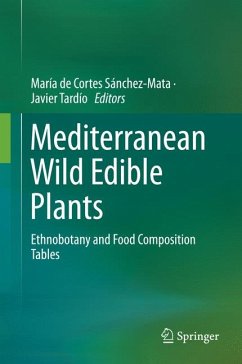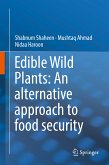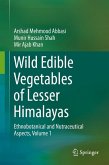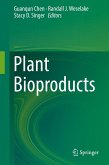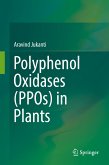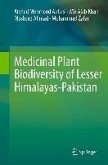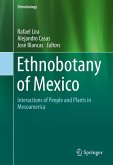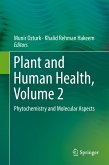This book provides the latest published nutritional data about wild edible plants traditionally consumed in the Mediterranean region. This information, not usually included in nutrient databases of foods, provides insight into the revalorization of wild food species and preservation of their traditional uses. The text also presents wild edible plants as alternatives to improve the diversity of modern Mediterranean diets, as they may represent valuable sources of nutrients often lacking in modern societies, such as fiber or vitamin B9.
This work has expanded from the two initial groups, to involve different contributors, including experts from different countries, most of them bordering the Mediterranean Sea. As a result, a multidisciplinary approach has been achieved.The book is organized into four parts that deals with different aspects of wild edible plants, the last one and largest offering a detailed compilation of ethnobotanical and nutritional information about someof the most important Mediterranean wild edible plants.
Dieser Download kann aus rechtlichen Gründen nur mit Rechnungsadresse in A, B, BG, CY, CZ, D, DK, EW, E, FIN, F, GR, HR, H, IRL, I, LT, L, LR, M, NL, PL, P, R, S, SLO, SK ausgeliefert werden.
Es gelten unsere Allgemeinen Geschäftsbedingungen: www.buecher.de/agb
Impressum
www.buecher.de ist ein Internetauftritt der buecher.de internetstores GmbH
Geschäftsführung: Monica Sawhney | Roland Kölbl | Günter Hilger
Sitz der Gesellschaft: Batheyer Straße 115 - 117, 58099 Hagen
Postanschrift: Bürgermeister-Wegele-Str. 12, 86167 Augsburg
Amtsgericht Hagen HRB 13257
Steuernummer: 321/5800/1497
USt-IdNr: DE450055826
Bitte wählen Sie Ihr Anliegen aus.
Rechnungen
Retourenschein anfordern
Bestellstatus
Storno

